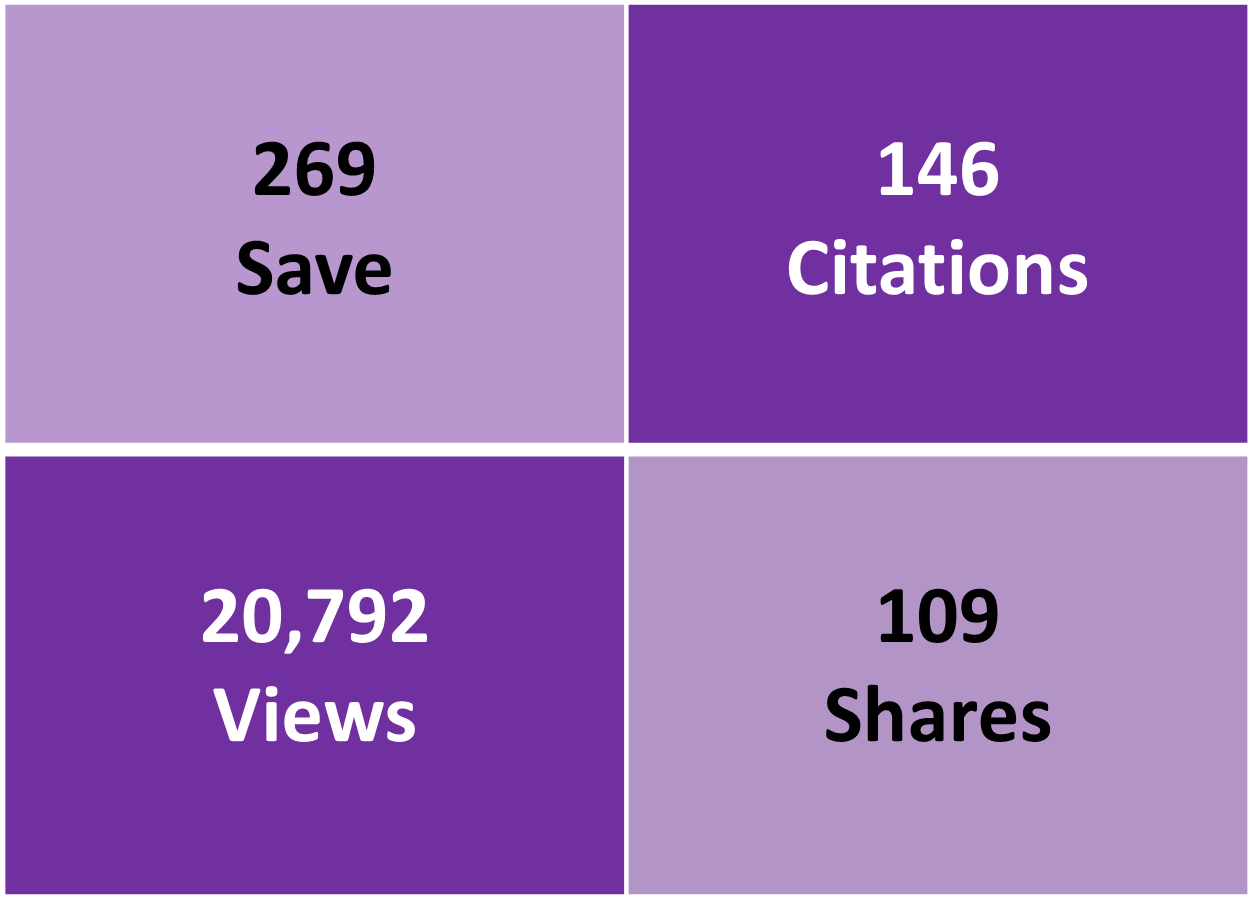The rise of the obesity epidemic
Obesity presents a daunting public health challenge. Longitudinal research has helped pinpoint when the obesity epidemic in the UK emerged, and how weight gain over the lifecourse has changed for different generations.
By shedding light on the progression of the obesity epidemic and its impact on different generations, longitudinal research has raised awareness of the issue, driven additional research funding, and informed policymaking to help improve public health.
Longitudinal population studies used:
- National Survey of Health and Development
- National Child Development Study
- British Cohort Study 1970
- Avon Longitudinal Study of Parents and Children
- Millennium Cohort Study
Research findings
-

Children born since 1990 are up to three times more likely than older generations to be overweight or obese by age 10.
- Children born in 1946: one in 10 were overweight or obese by age 11, today it’s roughly one in four 11-year-olds.
Since 1946, every generation has been heavier than the previous one and it is the most overweight people who are becoming even heavier:
- The heaviest 2% of people born in 1946 had a BMI of around 20 by the age of 11, whereas the heaviest 27% of children born at the turn of the century had reached a BMI of this amount by the same age.
People are becoming overweight or obese at an increasingly younger age:
- Half the men of the 1946 generation were overweight by the time they were 41 years old. For men born in 1970, half were overweight by the age of 3
- Half the women born in 1946 were overweight by age 48; for the 1970 generation, half were overweight by the age of 41.
Dissemination
Disseminating research findings to different audiences:
Outcomes and impact
The findings of this research were disseminated using different strategies, tailored appropriately to the target audiences – academics, policymakers and the general public.
Academic
The journal article has gained significant attention within the academic community, with a high volume of paper views and citations. The study has also contributed to the authors’ ability to attract further research funding.
Paper views and citations

Research funding
Policy
The dissemination of these findings in the form of a written evidence submission to a parliamentary committee inquiry has informed government strategies and policies aimed at addressing the obesity epidemic. The insights generated from this research have helped to guide the formulation of more effective public health interventions and initiatives in this area.
Media coverage
The research’s conclusions captured the attention of the media, resulting in coverage across various news platforms, including the BBC. This widespread exposure raises awareness among key stakeholders and the general public about the critical issue of obesity and its implications for society.

